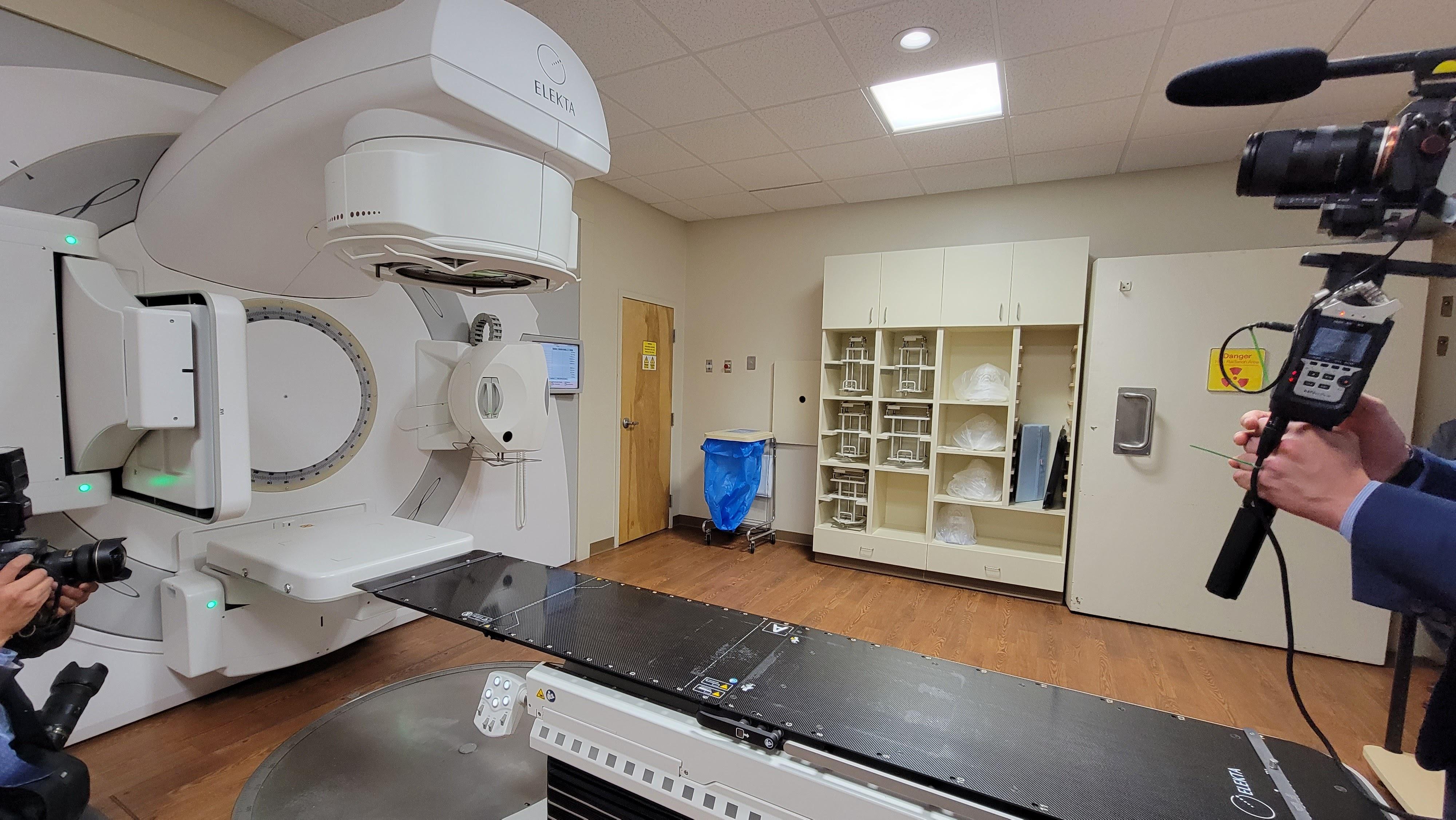Physicians across Mississippi say rural hospitals are facing a financial crisis. The state medical association shares why this is happening and what needs to be done.
Doctors say rural Mississippi hospitals are in financial crisis


Physicians across Mississippi say rural hospitals are facing a financial crisis. The state medical association shares why this is happening and what needs to be done.

Kobee Vance
Doctors say rural Mississippi hospitals are in financial crisis
Hospital revenue has declined slightly since the onset of the coronavirus pandemic, but doctors say the major source of economic distress in the healthcare field is rising costs. Staffing, transportation, food and other essential services hospitals must provide have all been affected by inflation or shortages, and experts say those costs may not recede any time soon.
“It’s kind of been a domino effect over the past two-and-a-half to three years," says Dr. John Cross, President of the Mississippi State Medical Association. He says small hospitals across the state are strained.
“Medicare has cut some of their reimbursement rates, Mississippi Medicaid has been forced to cut some of their reimbursement rates,” says Dr. Cross. “There’s increased numbers of uncompensated care, that’s uninsured patients that come in. And there’s even increased cost to the private paying patients. And so all these things have kinda all come together.”
Many doctors and healthcare advocates have called on the state legislature to aid these hospitals through various avenues, with a major pathway being an expansion to Medicaid under the Affordable Care Act. Dr. Cross says that’s not the only option, and the state should be investigating ways to create sustainable and comprehensive healthcare in rural areas.
“Is it the right thing to do to rebuild a 100-year-old hospital building, or build a new, more efficient hospital system? Looking at where those service lines need to be so that someone doesn’t have to drive more than 30 minutes to an hour to get care. See where the population has moved within the last 3-5 years,” says Dr. Cross. “All those things kinda help work toward solutions, but we need to keep those hospitals open in the short term.”
Once a hospital shuts down, experts say it can be extremely difficult to reopen as staff has moved away and supply chains are disrupted.